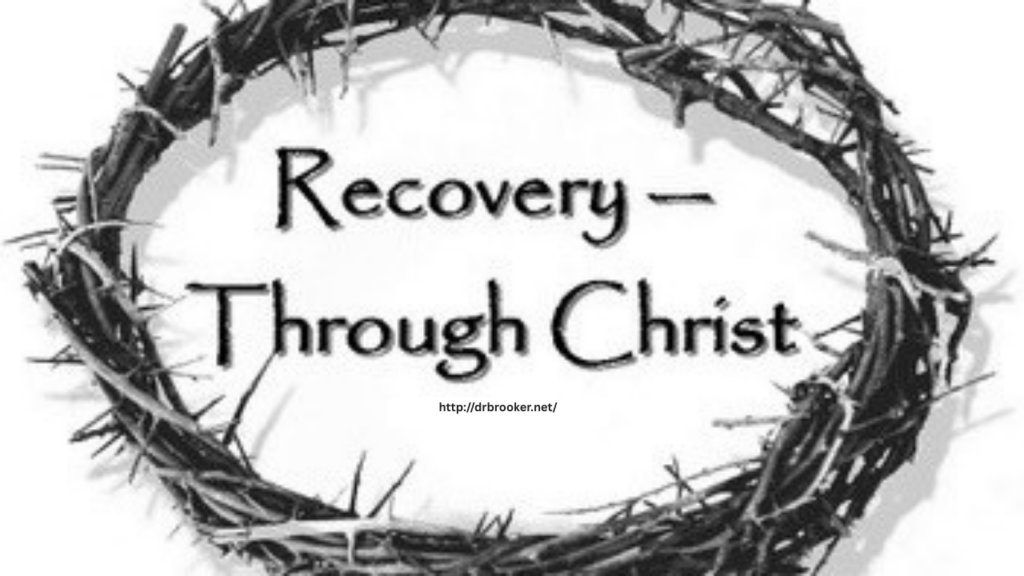
Addiction is a brutal master—deceiving, enslaving, and ultimately destroying those under its control. For many, the path to recovery is filled with frustration and despair, especially when attempts to heal are grounded in human effort alone. However, the timeless truths of the Reformation—faith alone, grace alone, and Christ alone—provide a radically different and deeply hopeful foundation for lasting recovery. These doctrines don’t just offer theological insight; they present a powerful framework for true freedom from addiction.
Faith Alone: Trusting in God, Not Ourselves
The doctrine of sola fide, or “faith alone,” teaches that we are justified before God not by our works or personal merit, but through faith in Jesus Christ. This truth is especially freeing for those struggling with addiction. Recovery often fails when it is rooted in self-reliance—when we believe that sheer willpower or self-discipline is enough to overcome our bondage. But Scripture tells a different story.
Ephesians 2:8-9 declares, “For by grace you have been saved through faith. And this is not your own doing; it is the gift of God.” Faith is not a work we muster up—it’s a gift from God. For the addict, this means that transformation begins not by trying harder but by trusting deeper. Recovery starts when one stops believing in their own strength and begins to rest in the finished work of Christ.
Grace Alone: God’s Unmerited Favor for the Broken
Sola gratia, or “grace alone,” reminds us that salvation and healing are entirely undeserved. In addiction, guilt and shame often keep people trapped, convinced that they are too far gone for redemption. But the gospel speaks a better word. Grace is God’s favor toward the undeserving. It is His initiative to love, forgive, and transform sinners—not because of who they are, but because of who He is.
Titus 2:11-12 says, “For the grace of God has appeared, bringing salvation for all people, training us to renounce ungodliness… and to live self-controlled, upright, and godly lives.” Grace not only forgives the past but also empowers change in the present. In recovery, grace means that no one is beyond hope. God meets people at their lowest and lifts them up—not through punishment, but through patient, transformative love.
Christ Alone: The Only True Source of Freedom
Solus Christus, or “Christ alone,” asserts that Jesus is the sole mediator between God and man. No program, no system, no human wisdom can offer what Christ does: complete redemption. He alone has the power to break the chains of sin and addiction.
John 8:36 says, “So if the Son sets you free, you will be free indeed.” The promise of recovery in Christ is not superficial—it’s total. Jesus doesn’t just clean up behavior; He changes hearts. His life, death, and resurrection provide the only sufficient remedy for the enslaving power of addiction.
Conclusion: A Gospel-Centered Recovery
True recovery is not found in human strength, moral resolve, or external programs—it is found in the gospel. Through faith alone, we are united to Christ. By grace alone, we are forgiven and empowered. In Christ alone, we find true freedom. For anyone in the grip of addiction, this is the best news imaginable: God doesn’t ask us to clean ourselves up first—He offers us healing and freedom in Jesus.